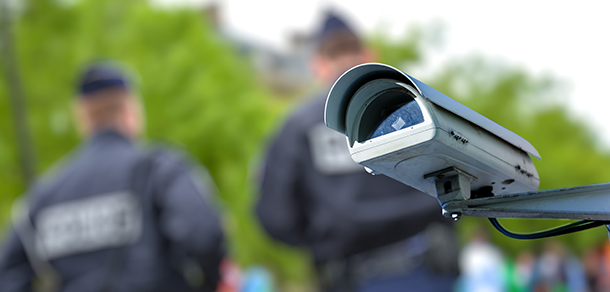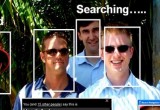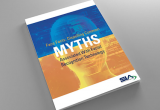San Francisco biometric ban passes but opposition mounts
04 June, 2019
category: Biometrics, Corporate, Government
The biometric backlash in California continues as the San Francisco biometric ban passed — but there is also a backlash to the backlash as proponents of the facial recognition begin arguing the case for strong authentication.
Lawmakers did not follow a transparent and thorough process to ensure a decision based on facts and a careful balancing of benefits with appropriate uses and safeguards
In San Francisco, the city’s elected officials have, according to the New York Times, banned “the use of facial recognition software by the police and other agencies.” After the 8-1 vote by the San Francisco Board of Supervisors, the city becomes the first major municipality in the United States with such a ban on facial recognition technology. Nearby cities such as Berkeley and Oakland require public input and clear privacy polices before city officials deploy such technology but have set no bans on facial recognition.
Facial recognition under fire with San Francisco biometric ban
The ban was crafted as a response to concerns that facial recognition and related technologies – such as CCTV cameras and license plate readers – could violate citizens’ privacy and civil rights. Officials who voted for the San Francisco biometric ban have said they hope to send a message to other locations in the U.S. about the dangers of relying on biometric authentication technology.
Of course, not everyone involved with biometrics or facial recognition technology holds such views, and they are speaking up and providing their own backlash of sorts.
Businesses and technology lobbying firms — including organizations helping to advance the cause of biometric authentication and facial recognition technologies — are working to “amend or carve out exemptions for certain categories of businesses,” according to a Wired report. “The proposed bills all aim to make the law easier for businesses to comply with and less disruptive to their operations—even if that means giving them more control over people’s data than privacy advocates would like,” the report said. What happens will impact areas such as social media and e-commerce as well as also biometric authentication.
The International Biometrics and Identity Association (IBIA) has weighed in with its own opposition. One of its main issues with the San Francisco ban? Lawmakers “did not follow a transparent and thorough process to ensure a decision based on facts and a careful balancing of benefits with appropriate uses and safeguards to restrain the technology’s misuse,” according to a recently released paper from the IBIA.
The benefits include helping with the identification of missing and exploited children, curbing the use of fraudulent ID documents and reducing the spread of fraudulent driver’s licenses. The group said the city has failed to recognize the “massive gains in performance of facial recognition technology, as demonstrated by recent testing (by NIST)”.
Biometric authentication is steadily working its way into the mainstream of consumer and travel life, as well as government and law enforcement. Expect more political and legal wrangling as that effort continues.




